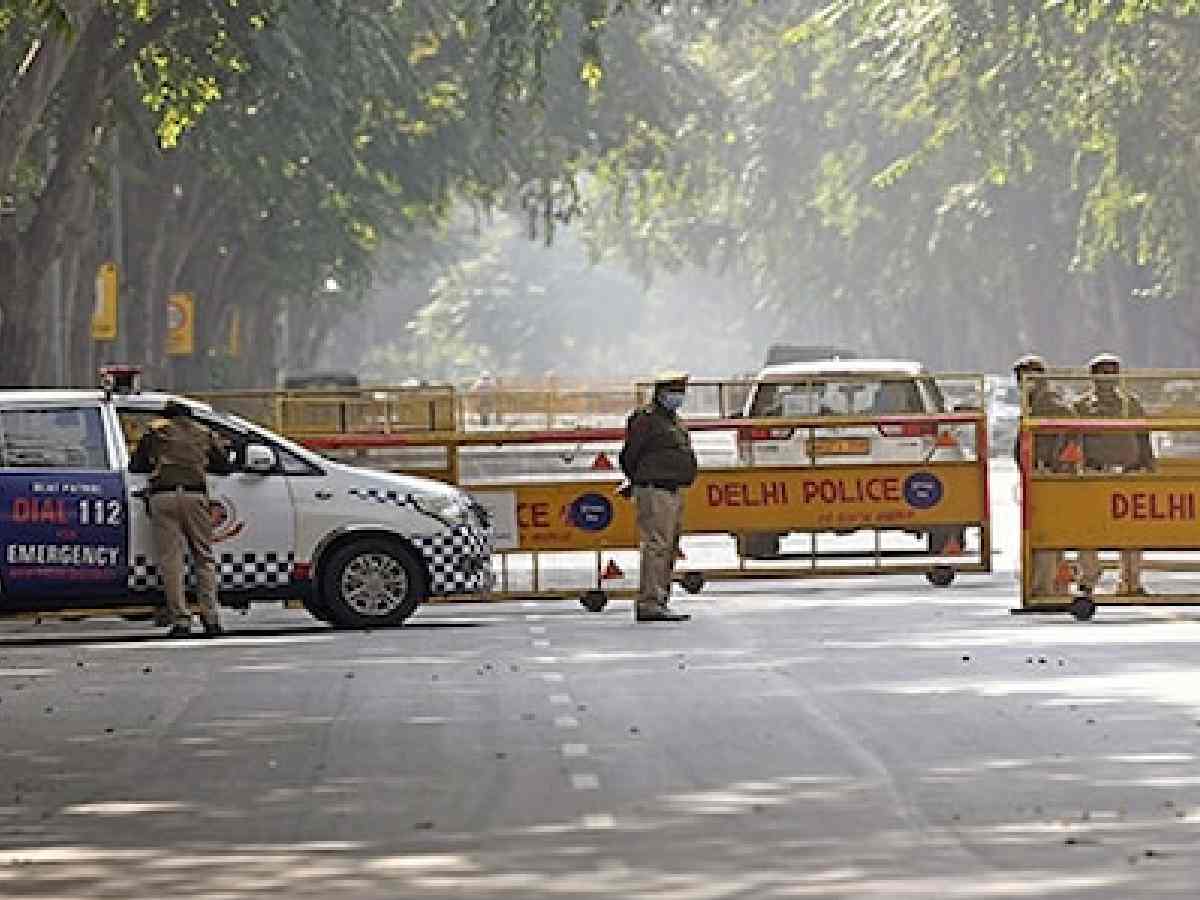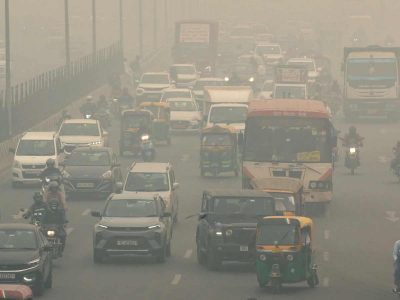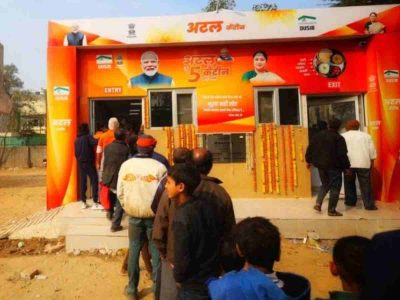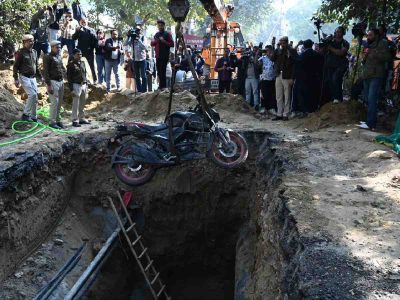A high alert was declared across the national capital as India Pakistan tensions escalated, prompting the Delhi government to cancel all leaves for its employees and ramp up security arrangements citywide.
As a precautionary measure, visitors were asked to vacate the India Gate area—one of the capital’s most frequented public spots—and traffic movement around the C-Hexagon was regulated. While police officials maintained this was routine to prevent congestion, the timing triggered concerns amid the growing conflict.
“This is standard protocol to keep the area decongested. Anyone can visit tomorrow and see for themselves,” said New Delhi Deputy Commissioner Devesh Mahala.
The city’s administration has gone into preparedness mode. District magistrates have been holding meetings with their teams to assess the readiness of health and disaster management systems, officials said.
Police have stepped up night patrolling and intensified deployment in sensitive zones. “All personnel are on high alert. Additional forces will be stationed wherever necessary,” a senior police officer stated.
In a late-night order, the Delhi government’s services department barred any official from taking leave until further notice, underscoring the seriousness of the situation.
An official in the New Delhi district confirmed that a review was held to assess emergency preparedness, particularly for the health and disaster response systems. In East Delhi, authorities began evaluating quick response strategies and identifying any operational gaps.
Security has been visibly tightened across the city. Paramilitary personnel have been deployed at key locations including malls, metro stations, airports, markets, hotels, and residential areas.
Top police brass, including special commissioners and deputy commissioners across all 15 districts, held back-to-back meetings to coordinate action plans and monitor law and order.
Also Read: Operation Sindoor: India carries out military strikes on nine terror targets in Pakistan, PoK
The security escalation follows attempted attacks by Pakistan on several Indian military installations in Jammu and Kashmir and Punjab, including Awantipora, Srinagar, Jammu, Pathankot, Amritsar, Kapurthala, Jalandhar, Ludhiana, Adampur, and Bhatinda. Airbases in Chandigarh, Bhuj, Nal, Phalodi, and Uttarlai were also on the target list. However, India thwarted the strikes and reportedly destroyed a Pakistani air defence system in Lahore.
“All DCPs are monitoring their jurisdictions closely. ACPs and SHOs have been briefed thoroughly. Delhi Police is prepared to handle any eventuality,” said a senior police source.
In East Delhi, Deputy Commissioner of Police Abhishek Dhania led a security review at the Mayur Vihar Phase-1 Metro Station—deemed a critical infrastructure point. “We have 41 functional CCTV cameras, and each shift is manned by nine CISF personnel, including two women. Security coordination is being constantly reviewed to ensure commuter safety,” he said.
Bomb Disposal Squads (BDS) conducted anti-sabotage drills across multiple public locations. “Our teams inspected malls, hotels, and markets to eliminate any threat and to reinforce public confidence,” said DCP (Southwest) Surendra Choudhary.
Meanwhile, police checks have been intensified on Delhi’s borders, with every vehicle entering the city undergoing strict inspection.
(With inputs from PTI)





